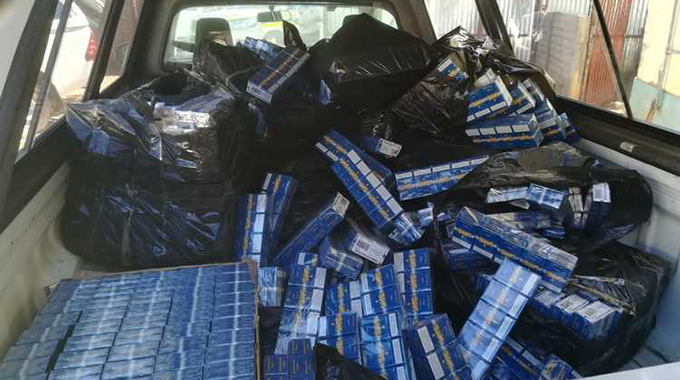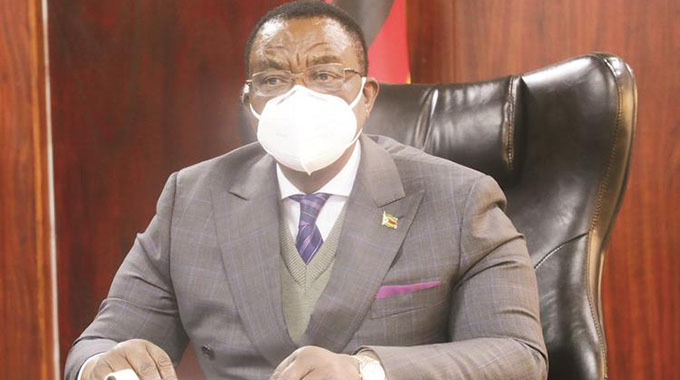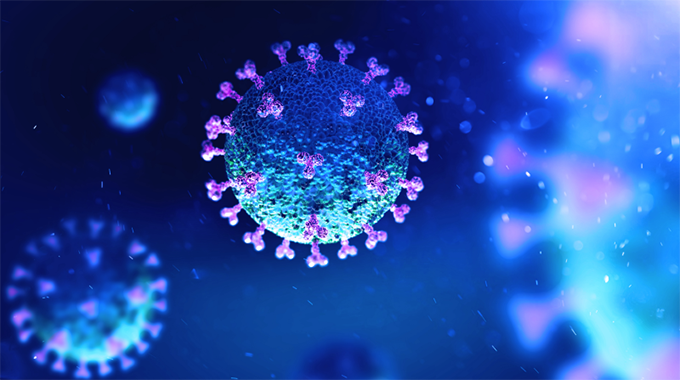Stigma remains rife on C19

Catherine Murombedzi Health Correspondent
Like all pandemics, fear, panic, myths, stigma and discrimination spiked with misinformation take centre stage as a new and dreaded disease unfolds. It takes time to fight these evils which are more harmful than the condition itself. It takes drumming up correct messages, dispelling the myths, sending a loud and clear message of hope, that there is light at the end of the tunnel to overcome the challenges which may lead to loss of life.
In the late 80s to 2000s, HIV was a dreaded condition which resulted in communities stigmatizing and discriminating any one who tested positive. Today, C19 is another pandemic, a respiratory infection which brings back the pangs of HIV stigma and discrimination up again.
It is fear of this back lash that people testing positive to C19 recoil into their shells and remain silent and at times to meet premature deaths that could be avoided. It takes a few to speak up and say: “I survived C19.”
People remain human beings, referring to them as case number 7, as statistics is inhuman. Effective messaging must bring out the human aspect. One wakes up referred to as 1st or 10th case as if one has lost the right to be a person. This is wrong. Correct language must be used always, especially in mass media broadcasting.
Speaking to Mary, aged 62 from Mandara, it was evident that stigma remained rife and it stifled opening up.
“My husband and daughter are the only people who know that I acquired C19. I prefer the word ‘acquire’ it’s less scaring as compared to ‘infected’. I work in one of the frontline sectors, I drive to work, I tested positive during routine procedure at work. Since then, I have been at home, luckily our house is big enough to isolate. However, my husband and daughter could have acquired C19 too because we live together. However, they were tested using PCR and both are ok. I suffered mentally, despite working in the medical field, I also required help in my hour of need.
The mental torture is real, I was scared of tomorrow. On day 4 in isolation I got a terrible fever. I got to know of a group of Pan African C19 survivors from someone our church group who flighted the group’s great work. I joined Pan African C19 Survivors Forum. From that day, all I felt and raised up on the forum had a ready answer.
Someone had walked the path before me, I was told the Do’s and Don’ts. I got immense help, remained at home, used lemons, garlic, onions, paracetamol, ate fruits despite lack of appetite, I forced my self to eat. Fresh vegetables, mainly carrots, cabbage in salads, dressed in lemon juice became my diet. I had whole grains porridge from rapoko.
When I had shortness for breath I had steaming vicks vapour rub. Ndainatira vicks, mashizha lemon katatu pazuva (covered head over a steaming dish of hot water in lemon leaves and vicks three times a day). I was never hospitalised. On day 12, I exercised a lot, took to skipping in the garden, I sat in the sunshine for hours on end. I felt better on day 12. I am due to get a retest next week,” spoke the survivor who got support from a WhattApp survivors forum.
She said the group is made up by by nationals across Africa, with the majority being South Africans.
“Of late, Zimbabweans have joined the forum and are now active. We have had no casualty from Zimbabwe, except two from South Africa.
Family support and talking, listening to people who are fighting C19 has been of great help,” said the lady who requested anonymity to avoid stigma.
Not everyone testing positive to C19 requires hospitalisation. Mild to moderate cases can recuperate from home leaving hospital beds to those in poor shape, in need of hospital care and critical care handling.







Comments